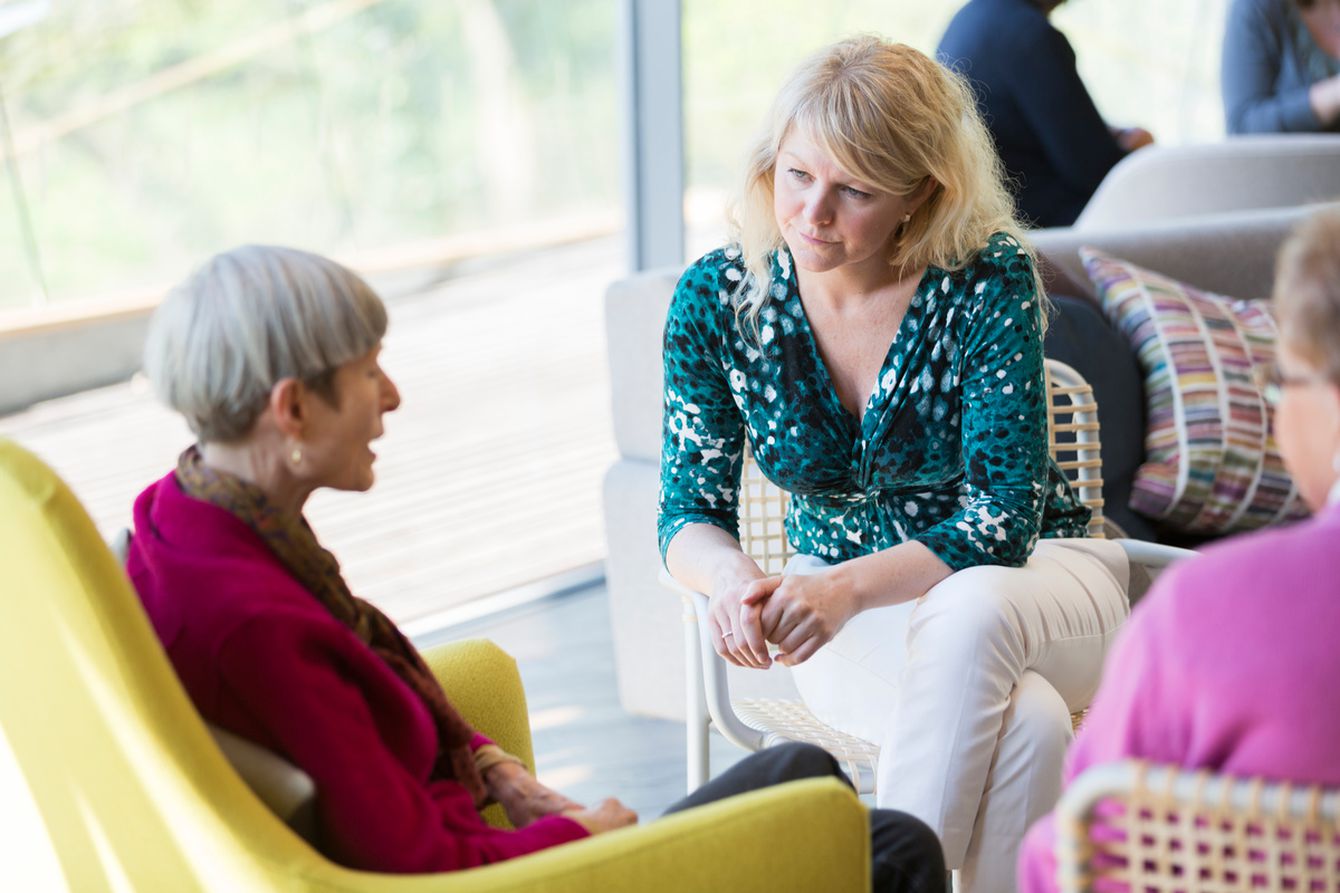
We undertake high-quality research and evaluation to enhance our knowledge, understanding and insight into the needs of people with cancer and their families and the most effective ways of supporting them.
How research and evaluation informs our support
It is vitally important that we regularly measure and evaluate the quality and impact of our approach to make sure we meet the changing needs of people with cancer and their families.
We do this by:
- Ensuring we are aligned with the best available external evidence
- Conducting our own internal audits and evaluation of the support we offer
- Working in collaboration with others to conduct high-quality research.
What we research
We are always looking to expand on and improve what we already know makes a difference to people with cancer.
Currently, the areas of research we are really interested in, in collaboration with academic research groups, include:
- Finding ways to make sure more people with cancer can access our support
- Understanding the impact that our buildings and gardens have on wellbeing
- Demonstrating the impact our support can have on people living with cancer.
What we evaluate
We regularly evaluate our visitor experience and the impact our support has to understand if what we do is working and where we might need to improve.
We use formal and informal approaches to find out:
- The number of people visiting our centres
- What kind of support people are looking for
- The effect that specific elements of our support is having
- What people think about our centres, support and our staff.
The research and evaluation we do at Maggie's, and in collaboration with others, is often presented at healthcare conferences. Here are some examples of previous projects:
 Experience of a post-treatment support group – intervention and effects on reported wellbeing, worry, self-efficacy, diet and activity (358.9 KB)
Experience of a post-treatment support group – intervention and effects on reported wellbeing, worry, self-efficacy, diet and activity (358.9 KB)  Managing relationships workshops (15.9 MB)
Managing relationships workshops (15.9 MB)  Engaging Men in Psychosocial Cancer Support (343.3 KB)
Engaging Men in Psychosocial Cancer Support (343.3 KB)  Family resilience and cancer: A grounded theory investigation into the experiences of families positively adjusting post cancer treatment (624.4 KB)
Family resilience and cancer: A grounded theory investigation into the experiences of families positively adjusting post cancer treatment (624.4 KB)  The silent carers: exploring the role of architecture and gardens at Maggie's centres (544.5 KB)
The silent carers: exploring the role of architecture and gardens at Maggie's centres (544.5 KB)


